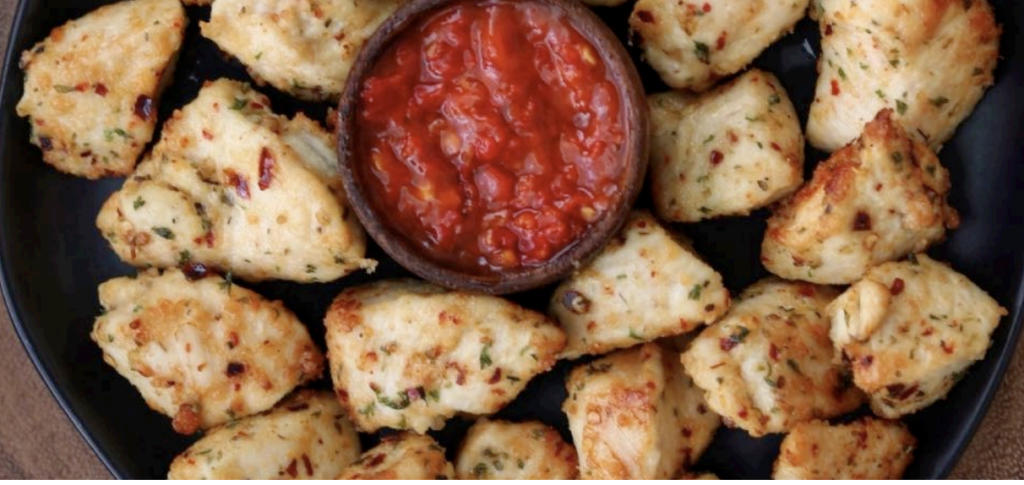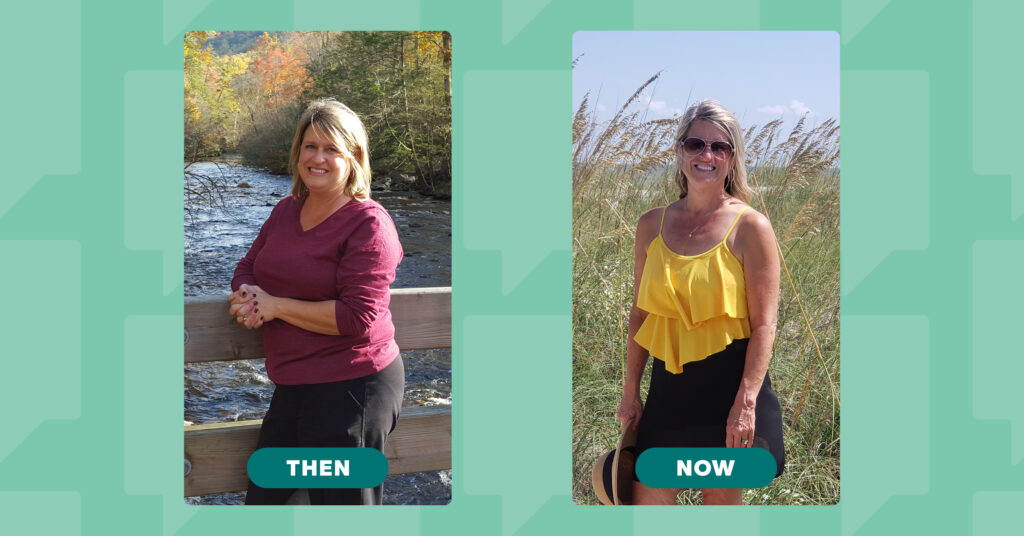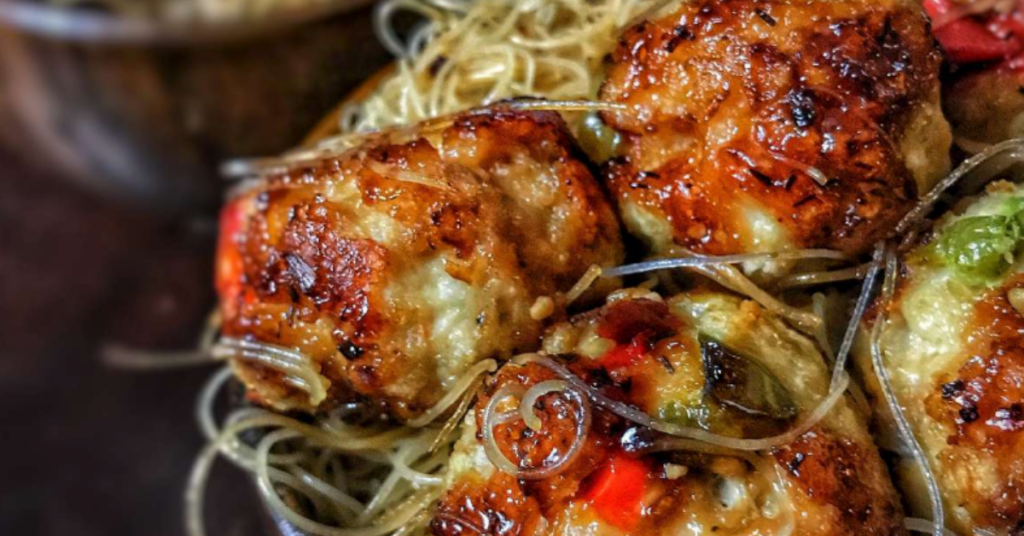One of my favorite clients of all time in my coaching career is a woman who didn’t lose a single pound in the three years we worked together. Adaline was a single woman in her late 30s that was hyper-career-oriented. She was short, petite, and weighed all of 150lbs – most of which was lean muscle. When she walked into my work people took notice. It wasn’t uncommon for other members of our gym to walk up and ask her about her arms or her legs. She was easily the best walking billboard I could’ve asked for as a young coach.
The only issue was that for Adaline, she thought 150lbs meant she was gigantic. She equated that number on the scale with her being fat, chubby, and any other word on the long list of adjectives she used to describe herself and her weight.
Adaline hadn’t worked out before she joined the gym I worked at. She had never watched what she’d eaten, and she had never felt comfortable in a bathing suit. Those were all things that would change over the course of our three years together once we started nutrition coaching – and even more so once we put the nuts and bolts of nutrition on the back burner.
Nutrition coaching? It’s so much more than that.
I’ll let you in on a little secret. Nutrition coaching is very rarely about nutrition. Nutrition is the vehicle we drive. But what we’re really doing is addressing and working on people’s behavior, just using nutrition as the vehicle to get there.
In a perfect world, you could say that nutrition coaching is spitting out a set of numbers and telling someone to go eat that many carbs, this much protein, and that much fat. We can call those people hyper Type-A individuals. They’ve usually been working at this fitness and nutrition thing for a little while before finding us. They’ve worked out the kinks and know what their goals are. They’re usually highly dedicated and have some pretty serious performance goals.
But this blog is not about Type-A individuals.
Type-A’s don’t actually need us as much as they just know that hiring a coach is outsourcing their accountability. It’s a matter of making things a little bit easier instead of addressing some big hairy lifestyle change. This is the case for Type-A individuals, coaches, and people who have a lot of time and experience in the world of fitness and nutrition. They recognize that the value of a coach comes from the accountability that a coach provides. For them, a coach is a worthy investment because it streamlines the process and saves them time and energy.
The people that need nutrition coaching are the people who have done the same thing for decades. The ones that haven’t changed how they’ve eaten, don’t like what they see in the mirror and can’t figure out why they stress out around food when their sibling doesn’t seem to.
Nutrition coaching is for people who know they can learn more about food and want to do just that. They don’t understand a Pop-Tart in the morning and drive-thru at lunch may not actually be the best option for them. They may not even have had the time to think about whether or not that actually is the best option because they’re juggling two jobs and one kid, just scraping by to make ends meet.
This is where nutrition coaching is most valuable.
One of the reasons we’re so passionate about nutrition coaching is about teaching you how to be responsible for yourself. In that sense, we’re trying to empower you as much as possible to take control and responsibility for your life. Teaching you how to eat well for your body and your goals is just the way we accomplish that.
Through teaching you how to account for the things you eat on a daily basis we help teach you responsibility, planning, accountability, and a whole host of other life skills that translate over into every other facet of life. Be it your relationships, your career, or your family.
What nutrition coaching is:
- Nutrition coaching is about teaching you how to navigate those uncomfortable family get-togethers.
You know the ones. The get-togethers where food is served buffet style and you feel all the pressure in the world to eat everything, even though you know it’ll cause you to blow up on the scale.
It’s helping you realize that sometimes one meal won’t kill you and that food and the use of it as a way to celebrate or bond won’t ever disappear. It’s teaching you how to approach those situations with a clear mind, a plan, and minimal stress knowing that you can enjoy yourself without worrying about the after-effects.
Helping people out through nutrition coaching is about recognizing that so many of us have goals or dreams that we don’t even realize are things we’ve just been told we should try and have, without ever giving a second thought to if we want those things or not.
- It’s about helping people realize that the scale really is just a number.
That little number that shows up each day doesn’t have anything at all to do with your self-worth. The scale is a data point and nothing more. Nutrition coaching is about teaching you how to love what you see in the mirror, but also recognizing that you can love what you see and still want to improve it at the same time.
- Nutrition coaching is helping you realize that food emergencies aren’t actual emergencies.
Just because someone brought food to work doesn’t mean you need to sound the alarm. Nutrition coaching is about helping you understand that just because you forgot your lunch doesn’t mean that it’s now a Code Orange National Security threat, no matter how much it might feel like it.
At the end of the day, it’s just food, and if you’re on this program one of the things you’re going to learn is how to adapt to either an abundance or absence of food.
Nutrition coaching isn’t therapy, and we will never pretend that it is therapy. But sometimes it does feel that way, because oftentimes food is one of those issues that is wrapped up in layer after layer of stigma and shame, and once you start working at unraveling those layers some very dark demons show up. Nutrition coaching is about learning how to handle those demons and still improving the person you are.
What nutrition coaching is not:
- Nutrition coaching is NOT us telling you exactly what you should eat on a day-to-day basis.
We don’t give you meal plans, and we won’t tell you what you should or shouldn’t eat. Our job isn’t to boss you around or treat you like a child instead of an adult. This program works well because ultimately the final choices are always up to you. We guide you along and help you out, but ultimately you decide how you’re going to handle your life, and that’s something that we will never get in the way of.
- Nutrition coaching is NOT us yelling at you, Biggest Loser style.
We aren’t here to berate you, shame you, or belittle you. That’s not our job, and we’d argue that if that’s going on then we’re not doing our job properly. Instead, our job is to provide support and accountability through love and compassion. It’s to be the ear that you desperately need, the sounding board to bounce ideas off of, and the sage that asks you questions you might not know the answer to yet.
- Nutrition coaching is NOT being your therapist.
Like I said above, we typically unravel some very sticky situations whenever it comes to nutrition coaching – and that’s par for the course. When you start talking about food and body image it tends to dredge up all sorts of uncomfortable memories. And we’re here to help you with that.
But we can’t be here to help you with your marriage, tell you how to parent your children, or give you career advice. There’s a fine line between talking to your nutrition coach about something that is related and useful to both of you and just telling someone about your life.
For Adaline, getting comfortable around food and realizing that she was in control of her own destiny was a full-blown three-year process. We had ups and downs, sessions that consisted of only tears, and days when she was ready to throw in the towel.
All of that is entirely normal. A big part of what comes up in nutrition coaching is undoing decades worth of conditioning and what society tells you that you should be worrying about. That doesn’t just disappear – and some of those things come back for encores when you least expect it.
However, like Adaline did, developing the necessary skills to handle herself allowed her to move forward with newfound confidence. She knew how to account for the things she ate on a daily basis, which made staying on track and getting back on track much easier. She knew how to plan for a day or a week, which made the chances of her slipping up far less likely. And she knew how to juggle the priorities of her busy social life and career with her physical goals, and decide which one needed to take a back seat at certain times.
Those are all things she accomplished through nutrition coaching, even though we barely talked about food.








